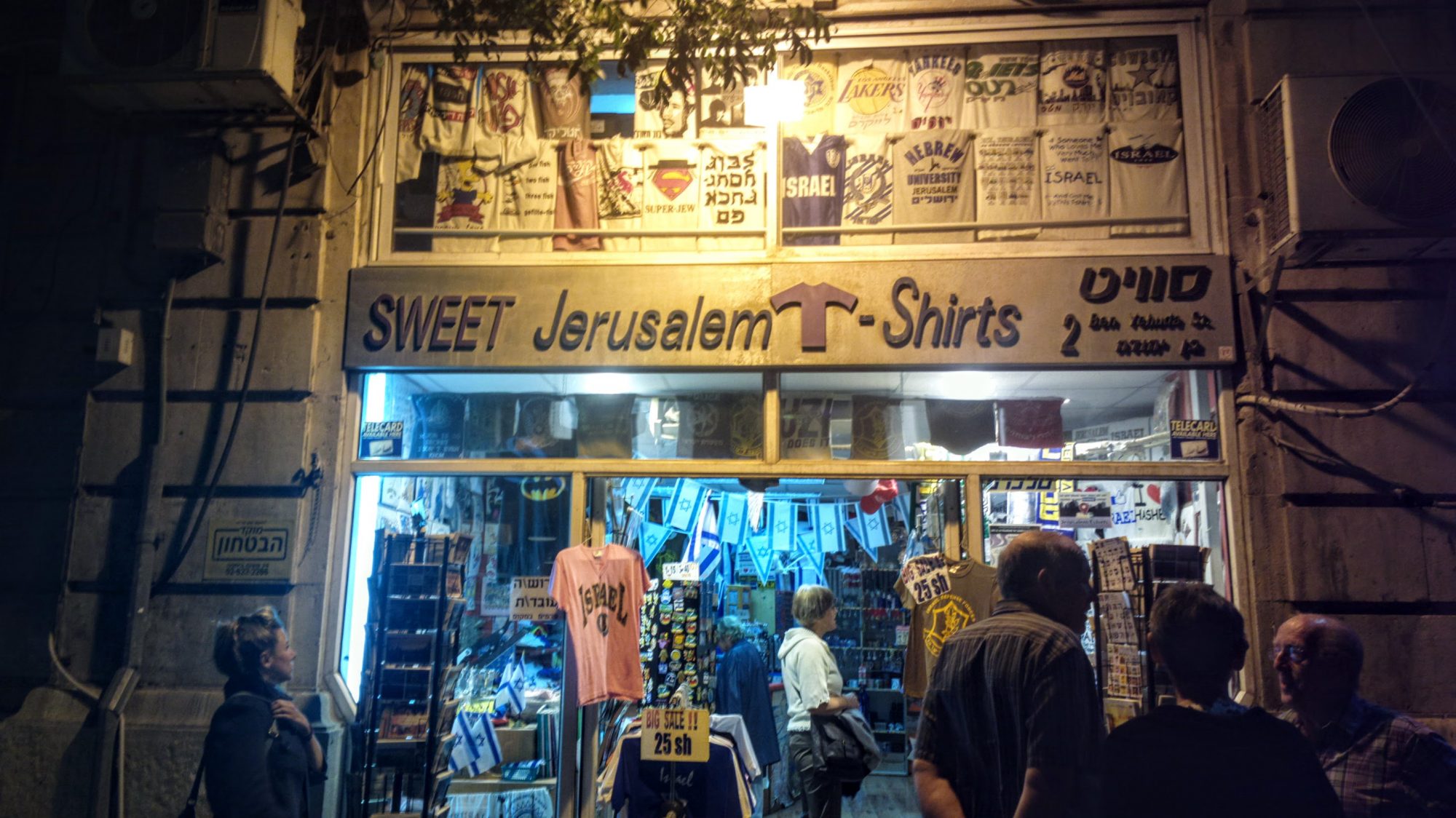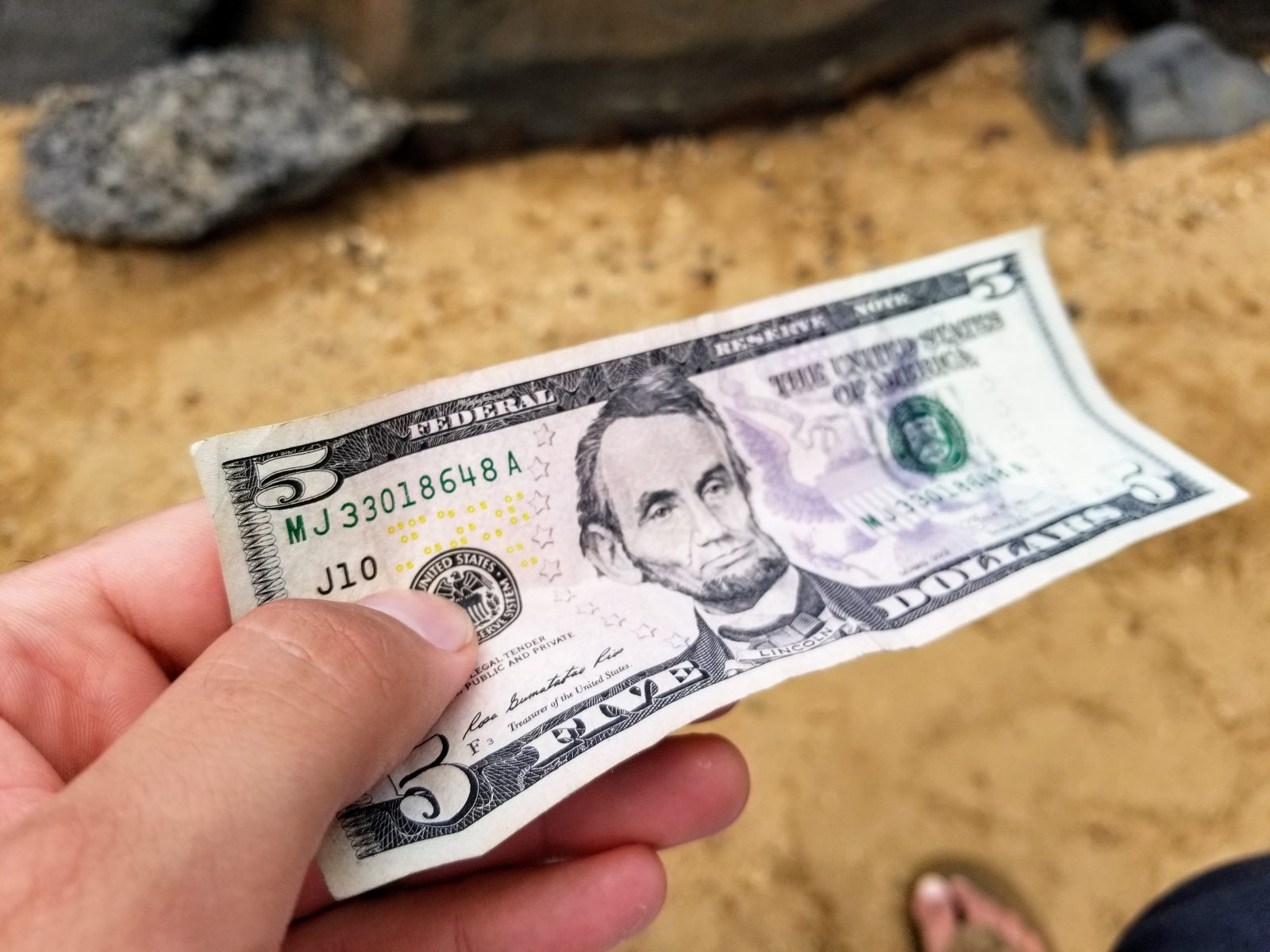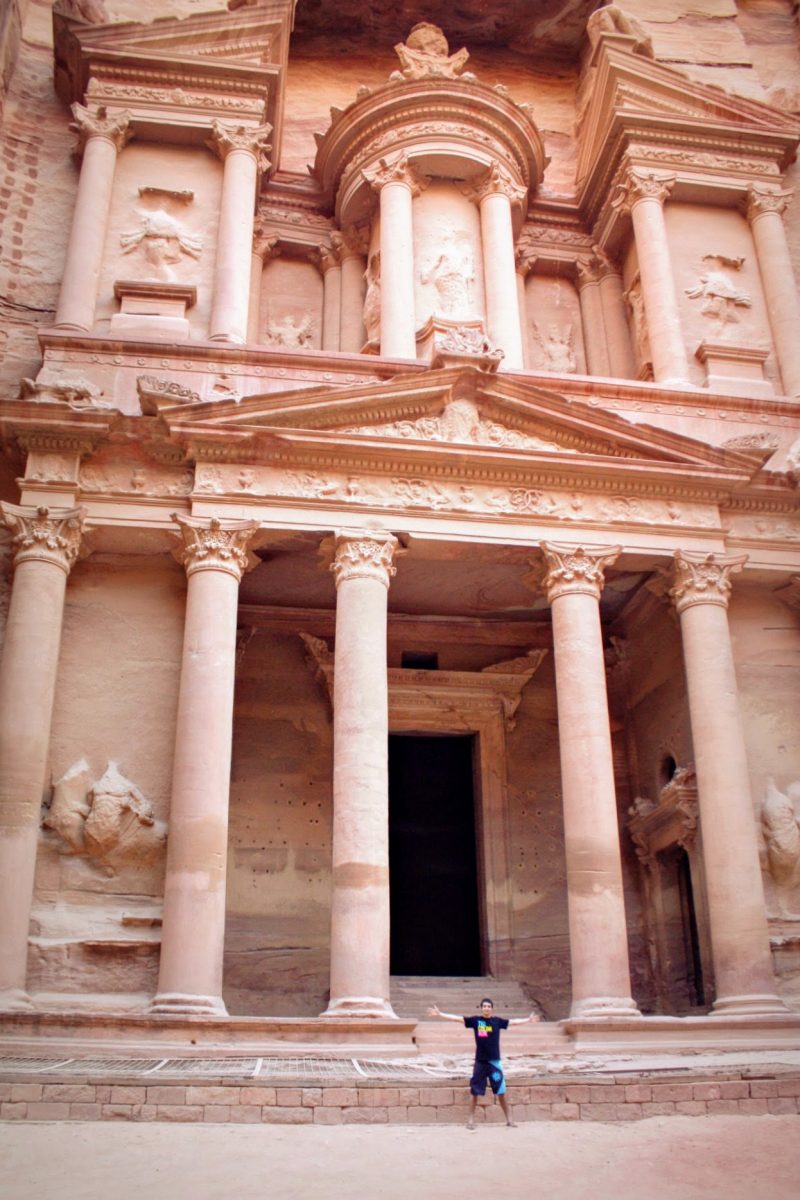7 Tips to Finding the Perfect Meaningful Souvenir
Signing up for credit cards through partner links earns us a commission. Terms apply to the offers listed on this page. Here’s our full advertising policy: How we make money.
INSIDER SECRET: If you’re spending money in a foreign country, you should be using a card that doesn’t charge foreign transaction fees. Even if you’re reserving a hotel online from the US, you may be charged foreign transaction fees if you’re not using the right card.
A great souvenir transports you across oceans, above mountains, down valleys, through time. It saturates your brain with sappy memories as though they were acquired yesterday.
A great souvenir will not simply become another obstacle for your Swiffer multi-surface duster.
For some adventurers, a scenic postcard is a sufficient travel keepsake. But there are a few principles you can follow to find something that will rekindle deeper, more definitive images. Here are seven tips to finding the perfect souvenir.

8 Tips for Finding a Meaningful Souvenir
1. Buy Something Connected to a Memory
Travel fridge magnets make me cringe. Their purpose is to advertise to houseguests the number of times you’ve left your hometown. If they awaken any memory at all, it’s probably of an airport duty-free shop or a touristy outlet drenched floor to ceiling in garish primary colors.
When looking for a good souvenir, think more along the lines of SMELL and SOUND and TASTE. Things that won’t just remind you of where you went, but specific memories along the way.
Don’t commemorate your trip to India by purchasing a shot glass with “Mumbai” embossed on the side. Buy local spices that incite memories of that mouthwatering dive near your hotel. You’ll receive vivid flashes of your adventure every time you cook with them.
During a trip to South Africa, my hotel played soothing Tibetan music. I Shazammed a song and bought the album. Every listen evokes memories of Johannesburg.
2. Buy Something You’ll Actually Use
Cookware, rugs, fluffy towels, perfume. As long as you’ll use it often, it’s a great souvenir.
Clothing is my preference. Here are a few things I’ve brought home to remember my travels:
- Cable-knit sweater from Ireland
- Emirates jersey from Dubai
- Flip-flops and Hebrew-inscribed ring from Israel
- Glaring Nike knockoffs from the Philippines
- Allegedly handmade bracelet from Peru
- Straw fedora from Mexico
Some purchases were out of necessity. Most were because I didn’t want to ever forget a day or a location. Every time I pull my sweater over my head or lace up my knockoff shoes, I relive good times.
3. Bring Only What You Have Room For
That six-inch hula dashboard bobble from Maui may have only cost you $3, but if there’s no room in your bag and you have to check it, or if it causes overweight baggage fees, its final cost may be closer to $70.
One thing I love to collect (and always have room for) is foreign currency. I’ve got notes from several different countries in my wallet, and I pull them out every so often.

4. Buy Something You’re Allowed to Bring Home
Remember that guy who tried to bring a missile launcher home as a souvenir? You can’t do that. There are lots of other common things that also aren’t allowed. Be sure you know the rules outlined by US customs or you may be leaving a souvenir at the airport.
Example: You know the mangoes you buy from the store that are pre-cut into cubes? Those are largely poor excuses for mangoes. The mangoes in the northwest region of Puerto Rico are like sloppy joes. You can’t cut and package them, they won’t hold their shape. Your front teeth have never been filled with so many juicy fibers; they’re an absolutely ideal gift to bring back home.
But you can’t. You aren’t allowed to bring mangoes from Puerto Rico to the US. To taste them, you’ll have to buy a ticket to Puerto Rico.
5. Some of the Best Souvenirs Are Free
A few of my most cherished souvenirs cost me zero dollars. Things like shells from various tropical beaches or a rock from Petra in Jordan.
Even the recipe for local cocktail is a good souvenir. At a hotel in Mexico, the bartender served my wife and me his own creation, which he called “Lola’s Dream.” He told us how to make it and it’s a taste that will always provide us with wonderful (and very specific) memories.

6. Try to Buy Nothing Fragile
Ceramic Russian nesting dolls seemed like a good idea at the time, until you caught a glimpse of the baggage handler treating your luggage like it cat called his wife.
I rolled the dice during my honeymoon and brought back six bottles of alcohol in a checked bag. My wife wrapped them in clothing and they arrived without a scratch. Your checked items will probably survive the trip, but you don’t want your delicate souvenirs to depend on the lower back of a fatigued airline employee.
7. Disregard This List
If you like something, get it. Don’t let anyone tell you which souvenir will or will not make you happy. They don’t know you! If a refrigerator magnet sets your heart ablaze, buy it. So long as you’re happy, you can tell me to kiss your grits.
Let me know your souvenir-purchasing tactics! And subscribe to our newsletter for more info and travel tips delivered once a day to your inbox.
Editorial Note: We're the Million Mile Secrets team. And we're proud of our content, opinions and analysis, and of our reader's comments. These haven’t been reviewed, approved or endorsed by any of the airlines, hotels, or credit card issuers which we often write about. And that’s just how we like it! :)






Join the Discussion!